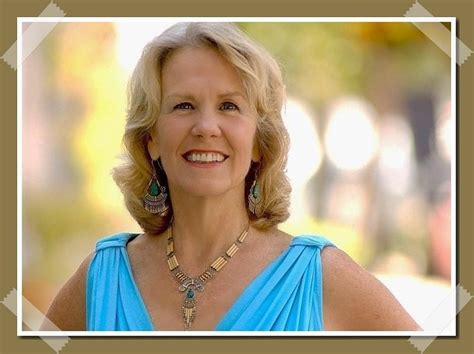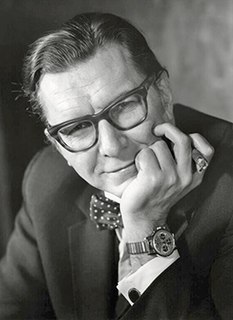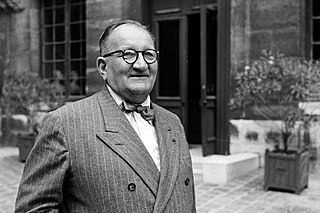A Quote by Richard Dawkins
It is possible in medicine, even when you intend to do good, to do harm instead. That is why science thrives on actively encouraging criticism rather than stifling it.
Related Quotes
What is the quality of your intent? Certain people have a way of saying things that shake us at the core. Even when the words do not seem harsh or offensive, the impact is shattering. What we could be experiencing is the intent behind the words. When we intend to do good, we do. When we intend to do harm, it happens. What each of us must come to realize is that our intent always comes through.
Peace is not merely the absence of warfare, any more than true health is simply the absence of disease. Nor is peace simply a quiet state of equilibrium-impossible to achieve in an evolving system. Though refraining from harm is an essential first step, lasting peace is created by actively redressing harm done. Peace is a creative process of actively joining I and thou into a co-creative we. It requires authentic communication, empathic listening, and wildly creative solutions.
I think it's interesting because the 1990s ended with the government pretty much giving up. There was a recognition that encryption was important. In 2000, the government considerably loosened the export controls on encryption technology and really went about actively encouraging the use of encryption rather than discouraging it.
Why is discipline important? Discipline teaches us to operate by principle rather than desire. Saying no to our impulses (even the ones that are not inherently sinful) puts us in control of our appetites rather than vice versa. It deposes our lust and permits truth, virtue, and integrity to rule our minds instead.
Why are there organized beings? Why is there something rather than nothing? Here again, I fully understand a scientist who refuses to ask it. He is welcome to tell me that the question does not make sense. Scientifically speaking, it does not. Metaphysically speaking, however, it does. Science can account for many things in the world; it may some day account for all that which the world of phenomena actually is. But why anything at all is, or exists, science knows not, precisely because it cannot even ask the question.
In general it's good to give children as wide a choice as possible, and there is no harm in encouraging children to play with 'typical' toys for the opposite sex. But whether they should be trying to change children is a more ethical decision; I think we should be supporting a child's interests, whatever they are.





































